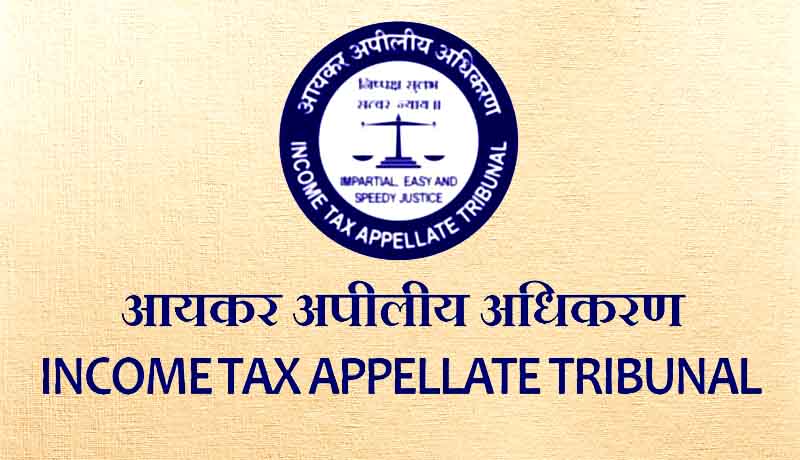Assessment Proceedings u/s 143(2) are not meant for Benefit of Assessee

Assessment Proceedings u/s 143(2) are not meant for Benefit of Assessee.
The following is an Order passed by the Income Tax Appellant Tribunal (ITAT), Delhi against the Assesse Sh. Dinesh Sharma. Appeal Number is 226/Del/2013. The Order was passed on 21st April 2017. Lets read in detail to find out how Assessment Proceedings u/s 143(2) are not meant for Benefit of Assessee.
In this Order, the ITAT has taken a stand that Income Tax proceedings done u/s143(2) of the Income tax act are not meant for benefit of assesse, but are for the benefit of Revenue only so that the AO is able to ensure that the assesse has not understated the income or has not computed excessive loss or has not underpaid the tax in any manner.
The facts of the case – Assessment Proceedings u/s 143(2) are not meant for Benefit of Assessee as follows:
- Sh. Dinesh Sharma (the Assesse) earned an Interest Income of Rs.79, 32,289/-, This interest income was earned u/s. 28 of the Land acquisition act 1894. This income is a tax free income and there is no liability of tax on such income. He had earned this income in the Financial Year 2007-08 (assessment year 2008-09).
- The Assesse ignorantly declared the Income as taxable and offered it for taxation; vide his Income Tax Return u/s139 (4) of the Act.
- The Assesse did not file the Income Tax Return on time. Generally, when anyone files a return, its u/s139 (1) of the Act. He had filed the return u/s139 (4) of the act. This means he has filed the Income Return late (cited in Para C2.2).
- Assessment proceedings were done by the Income Tax department, u/s143(2) of the act.
- Late into the proceedings, the assesse learned that the Income on which he has offered to pay the tax was not a taxable income at all.
- The Assessing Officer (AO) did not give the relief of the income to the Assesse and passed the order.
- He preferred to go to Appeal against the same to Commissioner of Income Tax, Appeals (CIT-(A), asking relief for the same.
- The CIT (A) took a stand that the Assessee was ignorant about law and directed the AO to delete the additions and allow the assesse to treat the Income as Tax Free. Cited in para 6.1 of the Order of CIT (A) dated 31.10.2012, as below:
- the CIT(A) vide his Order dated 31.10.2012, directed the AO to reduce the taxable income by Rs.79,32,289/-.
After the passing of this order, the Department of Income Tax went to the next level (ITAT) based on the following facts and case laws and passed the Order in favour of the Income Tax Department on 21.4.2017.
The Income Tax Appellate Tribunal (ITAT) took the following stand to pass the said order:
- The Income of an assessed cannot be reduced as sec 143 (2) provides that the revenue cannot be objected. The assessment proceedings u/s 143(2)are not meant for the benefit of the assesse and cannot be carried out to confer a benefit to the assesse, especially when such claim for benefit was not made by the assessed by due date or even by the time of completion of assessment proceedings.
- The second one being that Assesse had filed his Income Tax Return u/s 139 (4) of IT Act. The assesse did not plead before the Assessing Officer till the completion of assessment proceedings, that the aforesaid amount was not Rs.79, 32,289/- taxable income.The assesse had not given any intimation to the Assessing Officer, till finalization of the assessment order, excluding this amount from taxable income; and the aforesaid amount continued to be offered as taxable income by the assessee till the assessment order was passed. In any case, the assessee was not eligible to revise the return u/s 139 (5) of IT Act as the return filed by the assessee was a belated return u/s 139 (4).
